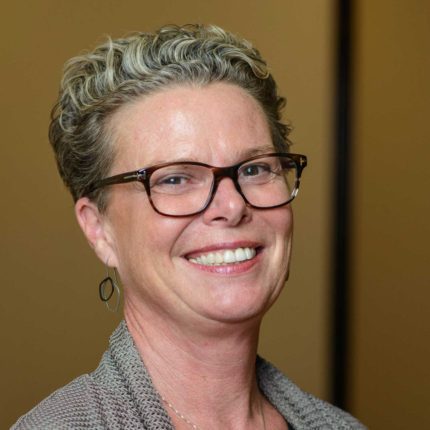Despite 5,500 members of the armed forces entering civilian life each year, military veterans are largely invisible within Australian universities.
Why so few veterans are entering higher education in order to reskill and reboot new careers and the hurdles they find along the ways are the subject of a new research paper by academics from La Trobe University (There has also been an academic paper published).
It looks at access, assimilation and success of among the small number of veterans who move into higher education (around 5%) and it also seeks to assess what universities and the government could be doing better to improve participation and outcomes for veterans.
The paper comes from La Trobe’s Centre for Higher Education Equity and Diversity Research. Its director, Andrew Harvey, who is also lead author of this paper, has for a few years now being shaping up to be one of Australia’s sharpest and most incisive researchers in the equity space and is carving out niche for himself in studying hyper-disadvantaged groups. Before turning his thoughts to veterans, Harvey did some exceptional work on the considerable challenges of entering (and staying in) higher education for care leavers – those who had spent considerable time as children and young adults in foster homes and the like. It was spine-chilling and important stuff.
Unchartered territory
Harvey and colleagues are in similar terrain with this new report on veterans. To begin with, the researchers could find “no universal definition of veteran”, which likely means their access, entry and success in higher education is likely fraught with all sorts of ill-defined difficulties.
Of the 5500 members of the military are discharged each year and return to civilian life, the majority are voluntary, although one in five is for medical reasons. They bring with them experiences and training outside the comprehension of the general community. Around 240 responded to the survey and more than 100 were interviewed for qualitative analysis.
“For some veterans, the transition to civilian life can be difficult,” the paper says. “Veterans are at higher risk of unemployment, underemployment and mental health issues compared to the Australian population.”
Young male veterans are at twice the risk of suicide than non-veterans – a painfully unsurprising statistic when one considers the toxic combination of PSTD, anxiety and depression mixed with unemployment rates more than five times the national average – at 30%.
It would make sense, wouldn’t it, if veterans on rehabilitation plans were able to access education and training without penalty. But currently, only vocational programs of one year or less are widely supported by the Department of Veterans Affairs’ transition support services and those who choose university over TAFE are likely to find themselves financially penalised – further entrenching poor employment prospects.
As one veteran told the researchers: “University study is used against veterans on rehabilitation plans as an “ability to work”. All I did was enrol in university and DVA reduced my fortnightly incapacity payments.”
Indeed, only 5% of veterans had their university studies approved and funded as part of the DVA’s rehabilitation program.
Make few admissions
Even applying for university is hard. Queensland is the only state which has formal recognition of military service in its admissions process and many universities do not recognise qualifications gained through military service. That needs to be fixed.
Once in veterans are likely to find university difficult and demoralising. This is despite findings that veterans who elect to go to university are highly motivated to succeed, and have highly developed levels of discipline, leadership and time management skills.
“Some respondents felt isolated, many felt that university culture was not respectful or appreciative of military service and only one third disclosed their military service to their institution.”
The fact that most universities don’t provide any way for veterans to note their military service as part of the application process feeds into a culture of separateness.
That is amplified many times in class time, with many survey respondents noting a pervasive sense of hostility and animosity towards the military by both fellow students and lecturers, confirming the feeling that self-disclosure of their past might not be a smart idea.
For all the negatives, 94% of veterans in the study said they would recommend university to other veterans.
The researchers point to the US where attitudes towards veterans are entirely different. “Student veterans are widely monitored, supported and researched in the US,” the paper notes and goes on to outline the extent of these endeavours.
The researchers concluded that university can provide an “important pathway for military veterans to transition successfully to civilian life”. But it is one that is being used all to infrequently because of numerous hurdles and barriers put in the way.
As with his work on care-leavers, Harvey and his fellow researchers have pinpointed an area of equity to which the majority of us would otherwise be blind and shone a light on the injustices that fall on veterans through no fault of their own.
As a result of his work, it was announced on Monday that the Centre for Higher Education Equity and Diversity Research will now lead a federally funded project to support more young veterans succeed in higher education.












